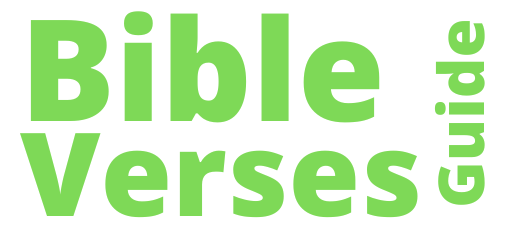Book 21 The Book Of Ecclesiastes
Who wrote the book of Ecclesiastes: Solomon
When was it written: Around the 10th century B.C.
Why was it written: This book is an impassioned reminder that life without God as number one is completely meaningless. Life on earth and life after death is only fully complete with God.
Many see the book of Ecclesiastes as negative and depressing. They feel it is full of ‘woe is me’ and self-pity. But the truth of the matter is that nothing could be farther from the truth. Instead, the book of Ecclesiastes has several valuable life lessons we all need to hear and follow.
Read and Learn More Bible Study For Beginners
The Message That Material And Monetary Wealth Are Only Temporary
Solomon was the wealthiest person in the known world. Few, if any, have surpassed the degree of wealth enjoyed by Solomon, even today.
But by the time Solomon was nearing the end of his lie, he realized just how temporary and unimportant monetary and material wealth are. Solomon realized (and wants us to) that:
- We really cannot take it with us when we die.
- Our life will eventually become of no importance to those who come generations after us.
- Spending life in a quest to accumulate and amass monetary and material wealth is a life wasted in comparison to amassing a ‘fortune’ of close, loving relationships.
The Message Of Balancing Work And Play
Solomon tells us that while work and play should be a part of life, they should be kept in check—that we need to keep them in the proper perspective. Without the proper perspective, he warns, we will live frustrated, unhappy lives.
Solomon also emphasizes that we should work at something we can find joy and take pride in rather than spend our lives working in a career we aren’t suited for or find fulfilling.
The Message Of Time
Ecclesiastes chapter three teaches and reminds us that there is a time and place for everything. From living and dying to keeping and throwing things away, there is a time for it all. There are even times when we should hate and times we should go to war.
The Message Of The Value Of Relationships
Solomon had no trouble surrounding himself with people— especially women. But someone in Solomon’s position would have trouble—lots of trouble-knowing whether the people claiming to be his friends and confidants were sincere. Were they?
Or were they after his money, a position in his court, or simply the status of being in the king’s inner circle?
Solomon undoubtedly experienced more than a few fake-friend incidents.
And underneath all that wealth and wisdom was a human heart that felt the pain of betrayal and insincerity. Solomon’s words, when taken to heart, can spare us from some of these experiences.
The Message Of God’s Sovereignty
This is the ultimate message of Solomon’s book of Ecclesiastes. By this point in Solomon’s life, he had come full circle.
He had experienced life in a state of total obedience and faith, and by living a worldly life on his own terms. He knew what worked and what didn’t and he wants us to know the same.
The book of Ecclesiastes ends with his entire message being summed up briefly and adequately:
“Now all has been heard; here is the conclusion of the matter: Fear God and keep his commandments, for this is the whole duty of man.

Key Verses In Ecclesiastes
Every book of the Bible provides us with words of wisdom, instruction, comfort, encouragement, admonishment, warning, promise, and hope. Let’s look at some of what the book of Ecclesiastes has to offer.
“There is a time for everything and a season under heaven:” Ecclesiastes 3:1

“Now all has been heard; here is the conclusion of the matter: Fear God and keep his commandments, for this is the whole duty of man.
For God will bring every deed into judgment, including every hidden thing, whether it is good or evil.” Ecclesiastes 12:13-14
